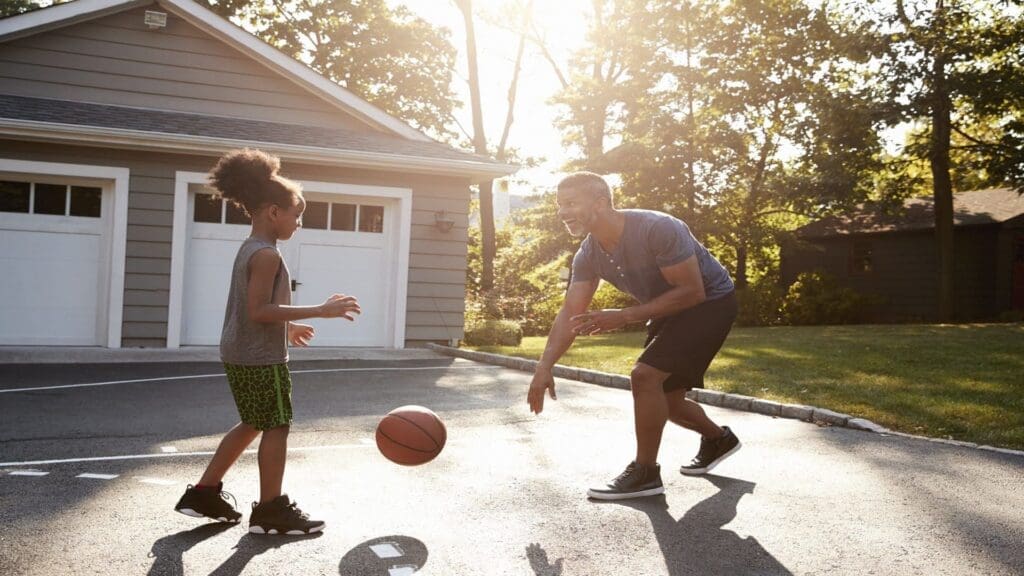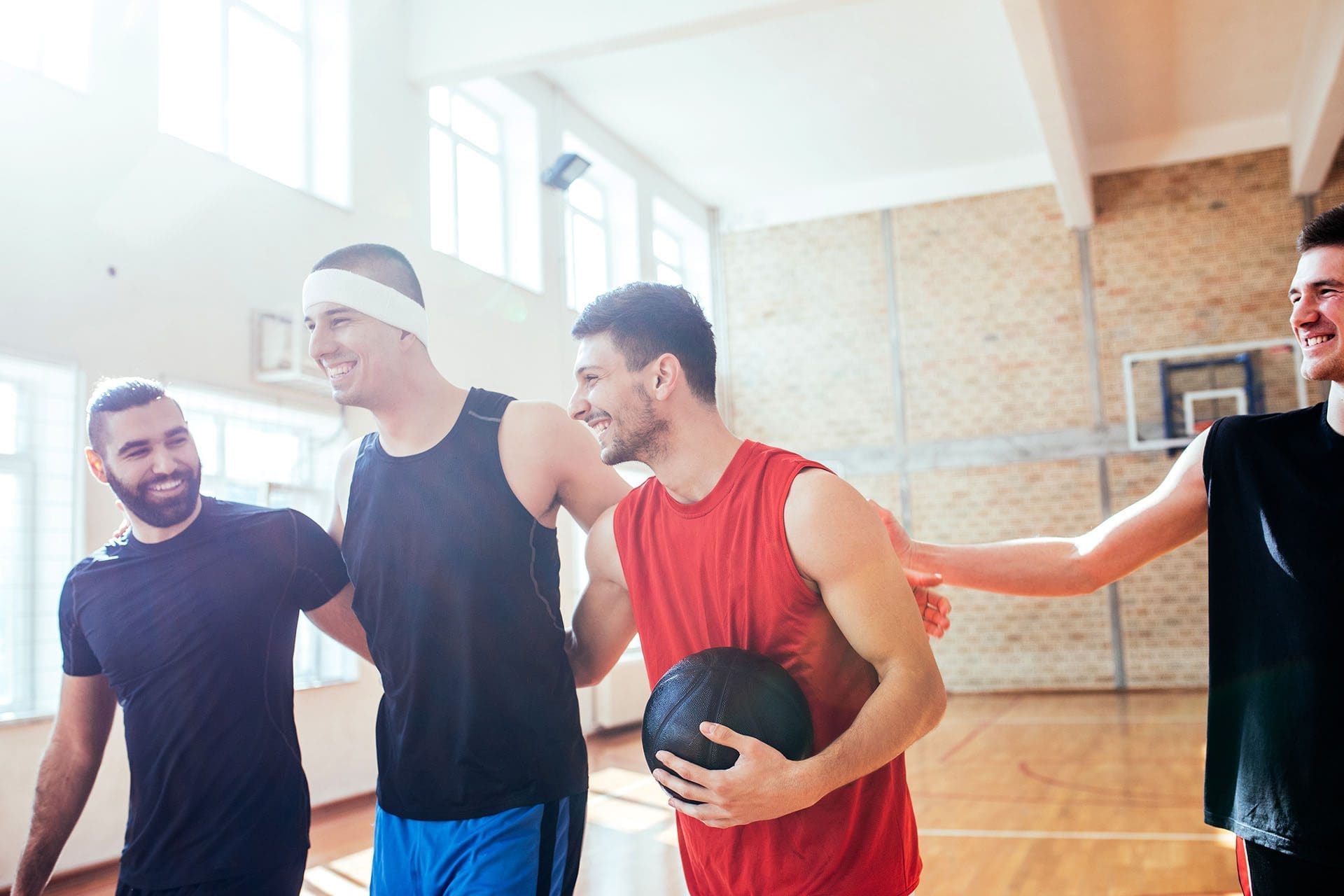Adaptive Sports for TBI Recovery & Chiropractic Support

Rehabilitative Sports Activities for Traumatic Brain Injury Recovery: The Supportive Roles of Integrative Chiropractic Care and Nurse Practitioners
Traumatic brain injury, or TBI, happens when a sudden hit to the head harms the brain. It can come from falls, car crashes, sports, or other accidents. People with TBI often face problems like trouble moving, thinking clearly, or feeling balanced. But there is hope. Rehabilitative sports can help them get better. These are special activities changed to fit their needs. They build strength, improve mood, and boost thinking skills. Integrative chiropractic care fixes spine issues and eases pain. Nurse practitioners help manage health, medications, and overall care. Together, they make recovery safer and stronger.
This article looks at sports that work for people with TBI. It also explains how chiropractors and nurse practitioners help. Recovery takes time, but with the right support, many people improve their lives.
Understanding Traumatic Brain Injury and the Need for Rehabilitation
TBI affects millions each year. Mild cases, like concussions, might heal fast. Severe ones can change life forever. Symptoms include headaches, dizziness, memory loss, and mood changes. Rehab helps rebuild skills lost from the injury.
Sports in rehab are key. They are not just for fun. They help the brain form new pathways, a process called neuroplasticity. This means the brain can learn again. Activities raise heart rate, build muscles, and sharpen focus. But they must be safe. Starting slow is important, like light walks before more strenuous activities.
Doctors check if someone is ready. They use steps to add more activity. If symptoms return, they step back. This keeps the brain safe from more harm.
Suitable Rehabilitative Sports Activities for Individuals with TBI
People with TBI can try many adaptive sports. Adaptivity means changing in accordance with their abilities. These use special tools or rules. They help with balance, coordination, and strength. They also lift spirits and connect people.
Here are some common ones:
- Adaptive Basketball: Played in wheelchairs or with lower hoops. It builds arm strength and teamwork. Groups make it social, reducing loneliness.
- Cycling or Handcycling: Use three-wheeled bikes or hand-powered ones. It improves heart health and leg power. Start slow on flat paths.
- Swimming and Aquatic Sports: Water supports the body, making moves easier. Swimming boosts endurance without stressing joints. Water aerobics helps balance.
- Canoeing or Kayaking: Adaptive boats have extra support. It works the arms and core. Being on water calms the mind.
- Tai Chi: Slow moves improve balance and focus. It’s gentle and good for beginners. Chair versions work for those with mobility issues.
- Hiking: Easy trails with support. It builds stamina and enjoys nature. Use walkers or guides for safety.
- Yoga: Poses stretch muscles and relax the mind. Adaptive yoga uses chairs or props. It reduces stress and pain.
- Horseback Riding or Hippotherapy: Horses help with balance. The movement mimics walking, aiding coordination.
- Archery or Fishing: These require focus and fine motor skills. Adaptive tools make them easier. They build patience and hand-eye coordination.
- Martial Arts: Adapted versions teach self-defense and discipline. They improve reaction time and confidence.
These activities fit different recovery stages. Early on, try seated exercises like marching or balloon toss. Later, add team sports for social benefits.
Benefits of Rehabilitative Sports for TBI Recovery
Sports do more than build muscles. They help the whole person.
- Physical Gains: Improve strength, flexibility, and heart health. Swimming reduces inflammation. Cycling boosts endurance.
- Cognitive Improvements: Activities like puzzles in games sharpen memory and attention. Sports need planning, helping brain function.
- Emotional Boost: Endorphins released by exercise help fight depression. Success in sports builds confidence.
- Social Connections: Team activities reduce isolation. They create friendships and support.
- Overall Well-Being: Regular activity aids sleep and reduces pain. It gives purpose.
Studies show these benefits last. For example, hippotherapy improves gait and balance in weeks.
Modifications and Safety in Rehabilitative Sports
Not everyone starts the same. Modifications make sports safe.
- Use wheelchairs for basketball or racing.
- Add props in yoga, like straps.
- Shorten sessions to avoid fatigue.
- Have therapists watch for symptoms.
Equipment like sit-skis or adaptive bikes helps. Always obtain a doctor’s approval. Track progress with tests.
Community programs offer trained leaders. They know the TBI needs.
The Role of Integrative Chiropractic Care in TBI Rehabilitation
Chiropractic care focuses on the spine and nerves. Integrative means it works with other treatments.
Chiropractors adjust the spine to fix alignment. This reduces pain and improves movement. For TBI, it helps with headaches and dizziness from neck issues.
In sports rehab, they:
- Ease muscle tension for better performance.
- Improve blood flow to the brain.
- Teach exercises for balance and strength.
They use soft tissue therapy and adjustments. This speeds healing.
Chiropractic neurology adds brain-focused care. It uses exercises for memory and coordination.
Benefits include less pain, better posture, and fewer injuries.
Clinical Observations from Dr. Alexander Jimenez
Dr. Alexander Jimenez is a chiropractor and nurse practitioner. He has over 30 years of experience helping with injuries.
He sees TBI often in accidents or sports. His approach mixes adjustments, therapy, and nutrition. He uses tests to identify problems. Then, he makes plans for recovery.
For sports, he suggests starting with gentle moves. He integrates functional medicine to address root causes. This includes diet for brain health.
Patients experience improved mobility and reduced pain. He works with teams for full care. His work shows that holistic methods work well.
The Role of Nurse Practitioners in Supporting TBI Recovery
Nurse practitioners (NPs) are advanced nurses. They diagnose, treat, and manage care.
In TBI, they:
- Coordinate with doctors and therapists.
- Manage meds for pain or mood.
- Monitor health to spot issues early.
- Teach patients and families about safety.
They ensure sports are safe. They adjust plans as needed.
NPs like Dr. Jimenez combine roles. They provide family care with chiropractic.
This helps overall health, not just the injury.
Integrating Chiropractic Care and Nurse Practitioner Support
Together, they make a strong team.
Chiropractors resolve physical issues. NPs handle medical needs. They plan sports activities safely.
For example, a chiropractor might adjust the spine before swimming. An NP checks that meds don’t cause dizziness.
Dr. Jimenez does both. His clinic uses this for better results.
Integration prevents re-injury. It promotes long-term health.
Patients feel supported. This boosts motivation.
Challenges and Tips for Success
TBI recovery has hurdles. Fatigue or mood swings can stop progress.
Tips:
- Start small and build up.
- Join support groups.
- Use apps for tracking.
- Get regular checkups.
With care, most overcome challenges.
Conclusion
Rehabilitative sports like adaptive basketball, swimming, and tai chi help TBI recovery. They build body and mind. Integrative chiropractic care eases pain and aligns the body. Nurse practitioners manage care and health. Together, they support safe, effective rehab.
Dr. Jimenez’s work shows this works. If you have TBI, talk to pros. Recovery is possible with the right help.
References
- Brain Injury Center. (n.d.). Fun Fitness Routines for Brain Injury Survivors
- Brainline. (n.d.-a). Adaptive Sports
- Brainline. (n.d.-b). The Healing Power of Adaptive Sports for People with TBI, PTSD, Spinal Cord Injury, and Other Challenges
- Centers for Medicare & Medicaid Services. (n.d.). Traumatic Brain Injury Recovery
- Krysalis Consultancy. (n.d.). Over 200 Home Activities for Brain Injury Survivors
- Cantu, R. C., & Hyman, M. (2012). Traumatic Brain Injury in Sports: A Review
- Groth, S. (n.d.). Horses as Healers
- Talented Ladies Club. (n.d.). Adaptive Sports and Recreation for People with Paralysis: How to Stay Active
- Essential ChiroCare. (n.d.). Regaining Your Function, Reducing Pain, and More – The Benefits of Physical Therapy For a TBI
- Encompass Health. (n.d.). Community Outings for Individuals with Brain Injuries
- Injury 2 Wellness. (n.d.). Optimizing Recovery: Chiropractic Exercises for Injury Rehabilitation
- Assured Assisted Living. (n.d.). Physical Rehabilitation Activities That Aid Brain Injury Recovery
- HML Functional Care. (n.d.). How Chiropractic Neurology Supports Brain Healing
- Integrative Chiropractic. (n.d.). The Power of Rehabilitation in Chiropractic Care: Enhancing Recovery and Preventing Re-Injury
- Flint Rehab. (n.d.). 15 Fun, Therapeutic Activities for Brain Injury Patients That Help Boost Recovery
- My Balance Matters. (n.d.). Chiropractic Care for Concussions: A Holistic Approach to Recovery and Rehabilitation
- Jimenez, A. (n.d.-a). Injury Specialists
- Atlas Wellness. (n.d.). Natural Recovery From Concussion and TBI
- Jimenez, A. (n.d.-b). Dr. Alexander Jimenez DC, APRN, FNP-BC, IFMCP, CFMP, ATN ♛ – Injury Medical Clinic PA | LinkedIn

